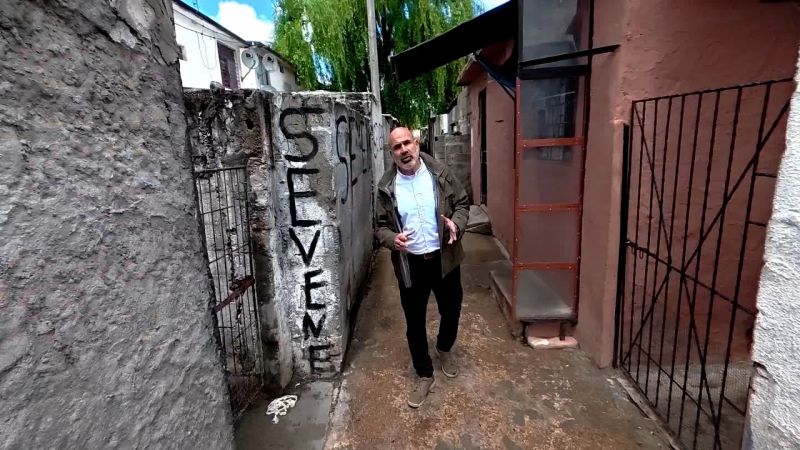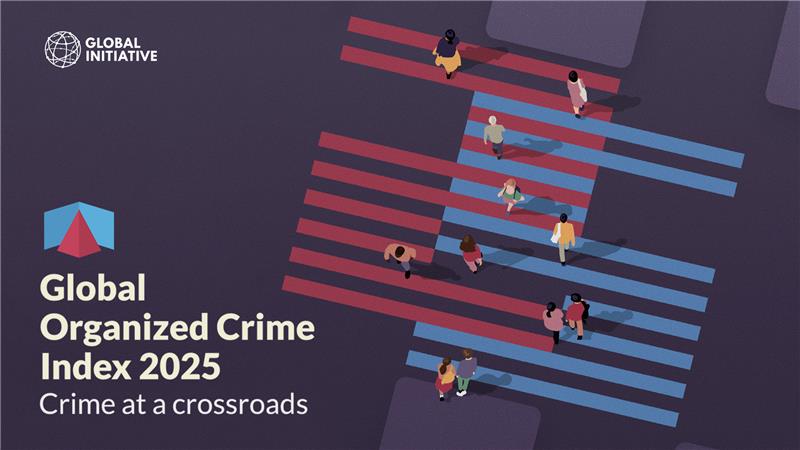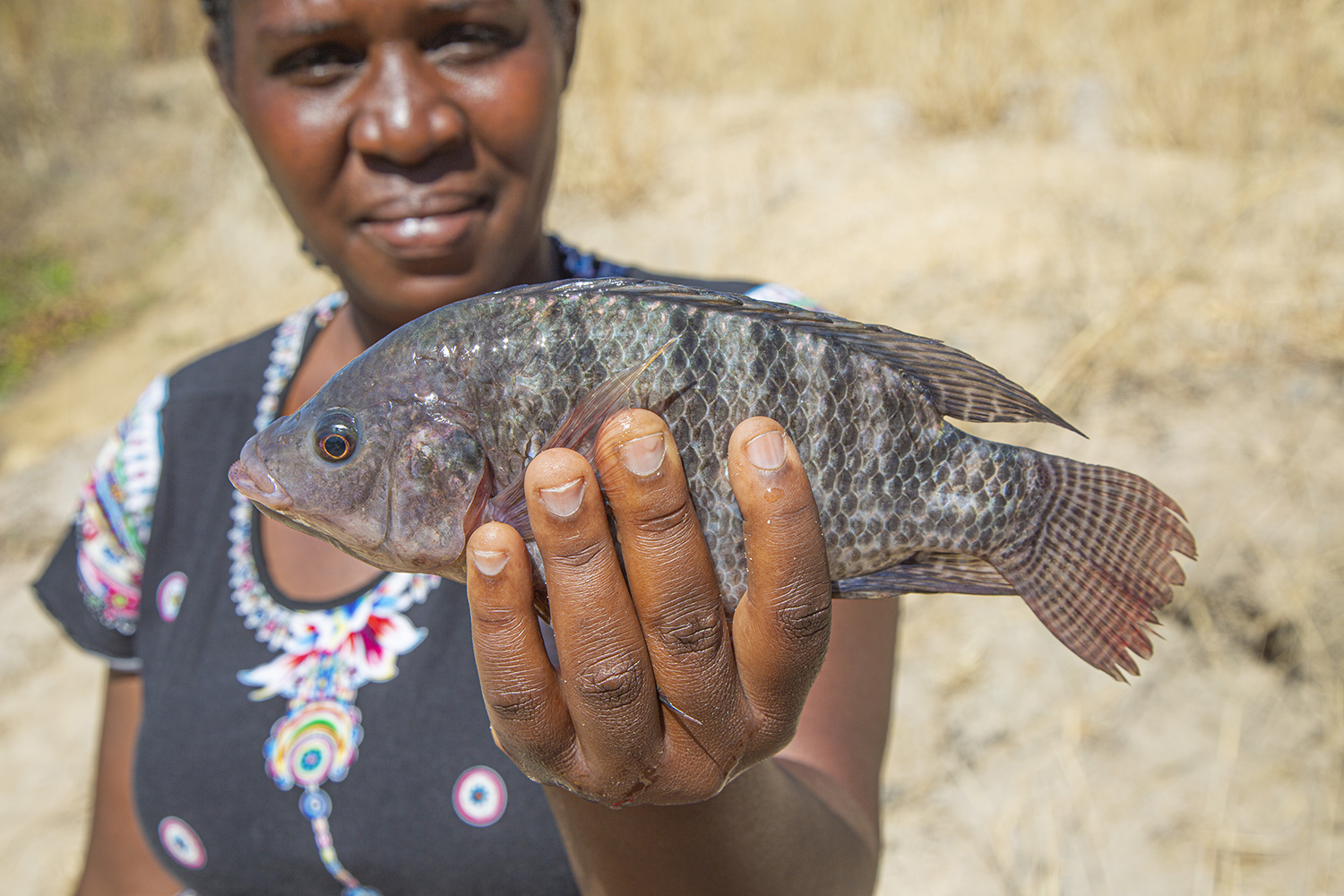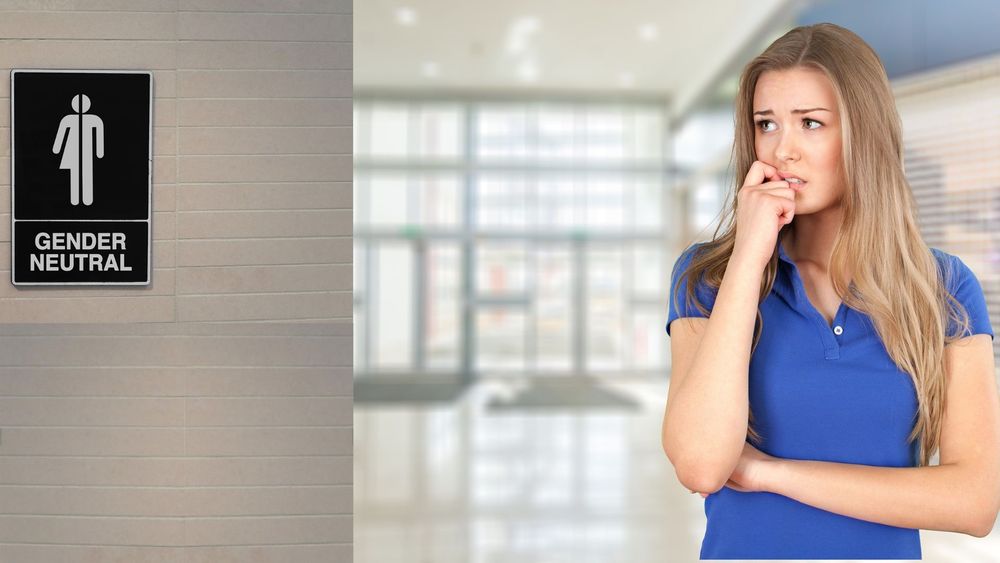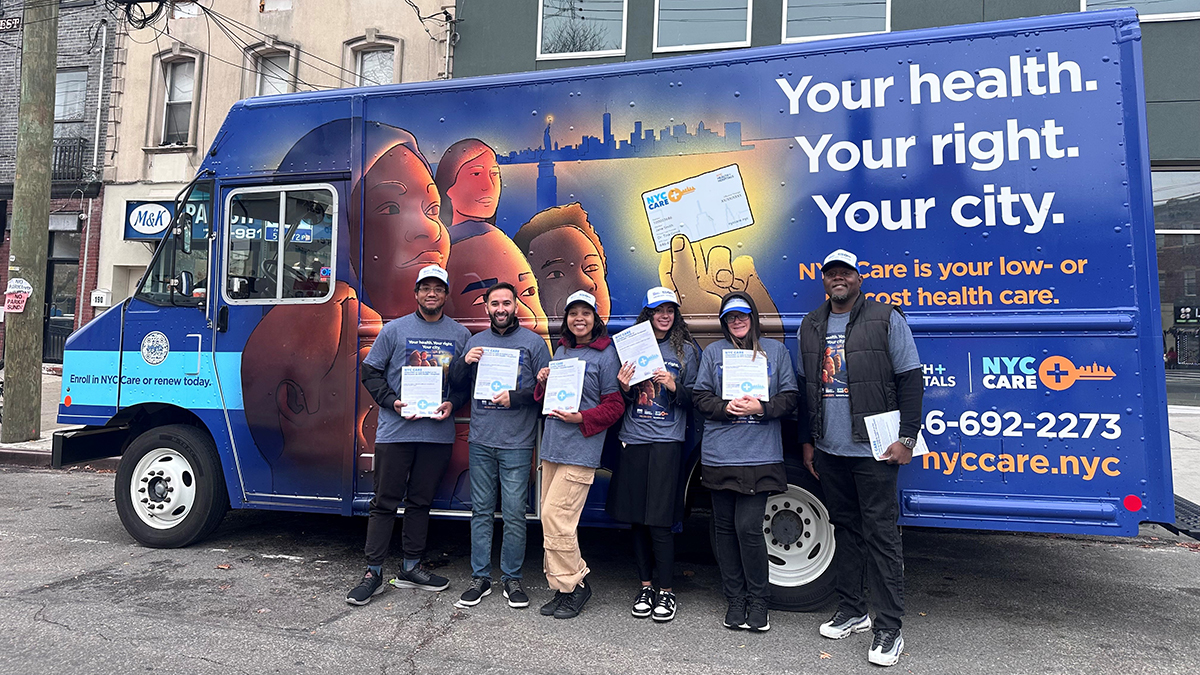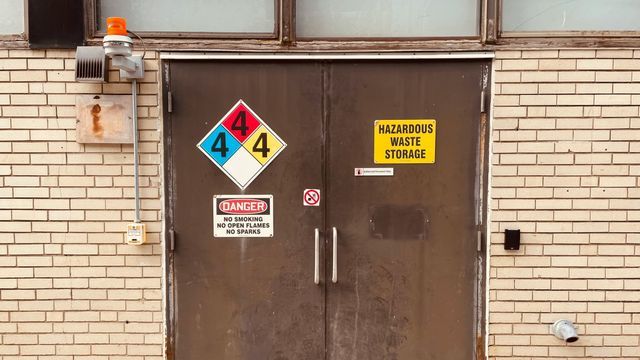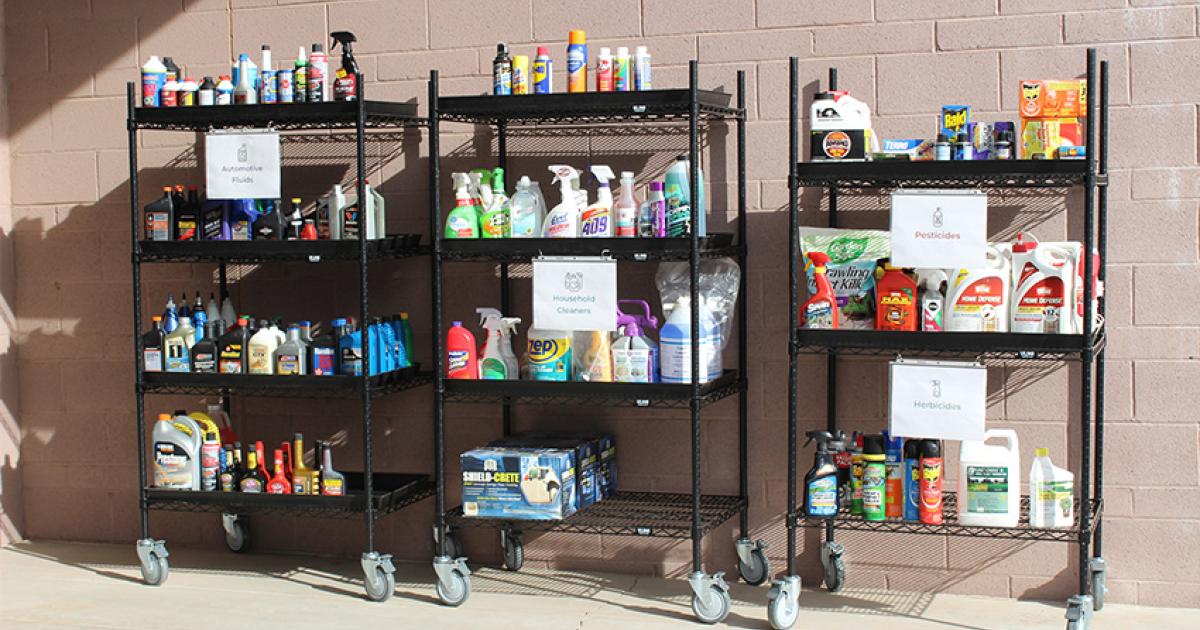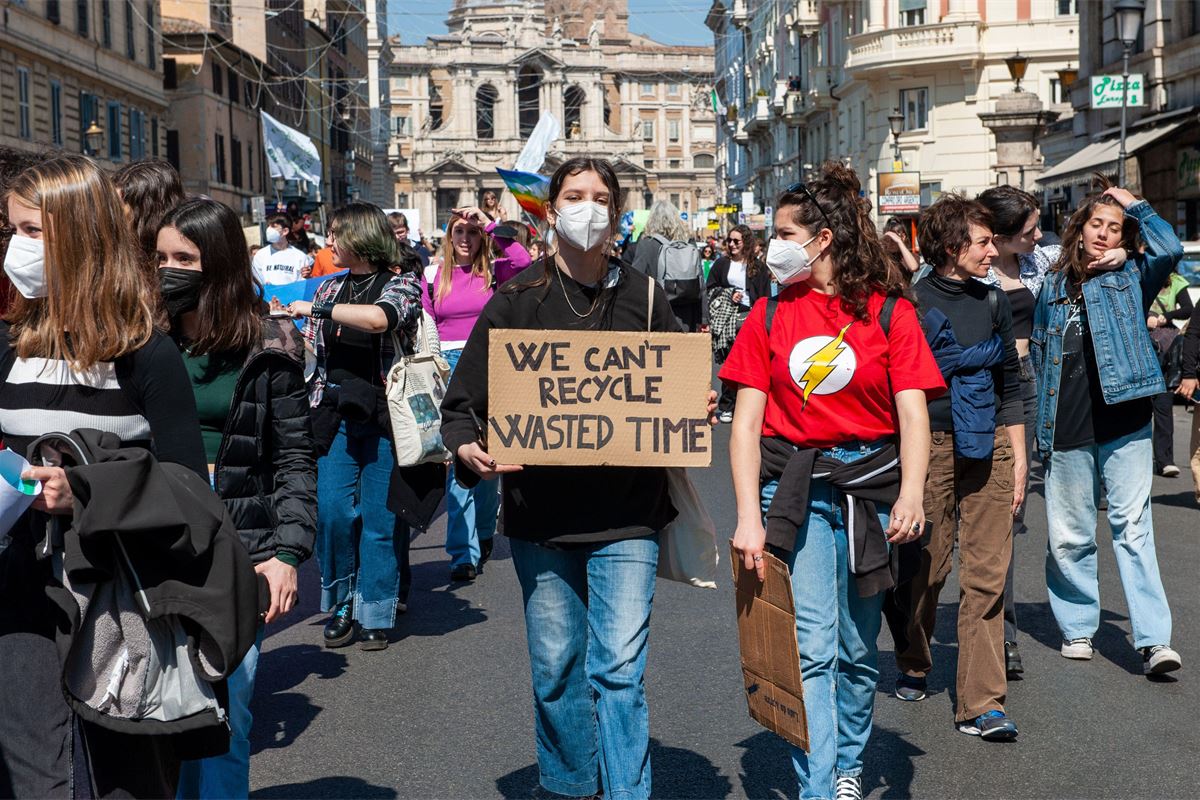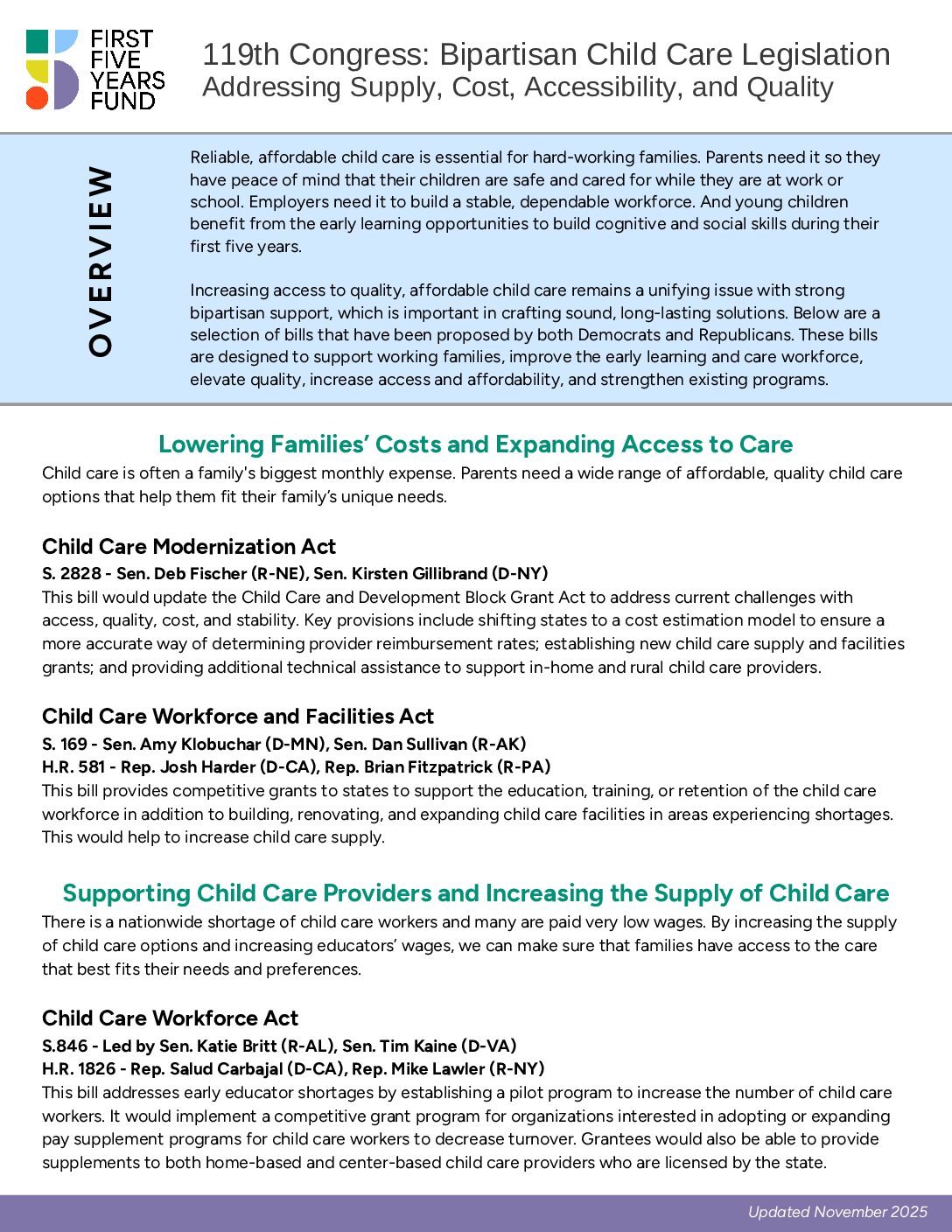Human Rights Watch report details abuses at Florida immigration detention centres – The Globe and Mail

Report on Human Rights Violations in Florida Immigration Detention and Implications for Sustainable Development Goals
Executive Summary
A report published by Human Rights Watch (HRW), in collaboration with Americans for Immigrant Justice and Sanctuary of the South, documents severe human rights violations in three Florida immigration detention facilities. The findings indicate that conditions for thousands of detainees contravene both international standards and United States government policies, directly undermining progress toward several key Sustainable Development Goals (SDGs), particularly SDG 3 (Good Health and Well-being), SDG 10 (Reduced Inequalities), and SDG 16 (Peace, Justice, and Strong Institutions).
Analysis of Conditions in Relation to SDG 3: Good Health and Well-being
The investigation reveals a systemic failure to protect the health and well-being of detainees, in direct opposition to the principles of SDG 3. Detainees reported conditions that pose significant risks to physical and mental health.
- Denial of Medical Care: Detainees were reportedly denied access to critical medication and basic medical care. This includes the case of a Canadian detainee with epilepsy who died in custody, raising questions about whether he received his necessary medication.
- Poor Mental Health Support: Individuals seeking mental health care were allegedly punished with solitary confinement, discouraging access to essential psychosocial support.
- Inhumane and Unsanitary Conditions: The report documents extreme overcrowding in freezing holding cells, forcing detainees to sleep on concrete floors. Detainees also experienced prolonged periods shackled on buses without access to food, water, or functioning toilets, and were denied basic hygiene.
Violations of SDG 16: Peace, Justice, and Strong Institutions
The reported practices represent a significant departure from the goal of building effective, accountable, and inclusive institutions. The findings highlight a lack of justice and a failure of institutional oversight, which are central tenets of SDG 16.
- Failure to Uphold Rule of Law (Target 16.3): The conditions violate established international human rights standards and the U.S. government’s own detention standards.
- Lack of Access to Justice (Target 16.3): Detainees faced restrictions on access to legal support, impeding their right to due process.
- Ineffective and Unaccountable Institutions (Target 16.6): The report alleges that Immigration and Customs Enforcement (ICE) officers and private contractor guards subjected detainees to degrading and dehumanizing treatment. Responses from involved entities either denied the allegations or deferred comment, indicating a lack of transparency and accountability.
- Abuse and Violence (Target 16.1): The treatment described, including punitive solitary confinement and the death of a detainee, constitutes a failure to reduce violence and protect individuals in state custody.
Contradiction of SDG 10: Reduced Inequalities
The system of immigration detention as described exacerbates vulnerabilities and inequalities, directly contradicting the aims of SDG 10, which calls for reducing inequality within and among countries and facilitating responsible migration (Target 10.7).
- Discriminatory Practices: The report suggests a “choice being made, in a very organized manner, to treat people in this deeply dehumanizing way,” targeting a vulnerable population of non-citizens.
- Systemic Disadvantage: The abusive practices and denial of fundamental rights create a system that reinforces the marginalization of migrants and asylum seekers.
Key Facilities and Official Responses
The report focused on conditions documented between January and June at the following facilities:
- Krome North Service Processing Center
- Broward Transitional Center
- Federal Detention Center in Miami
Official responses to the allegations were largely dismissive:
- Department of Homeland Security: Issued a statement calling claims of overcrowding or subprime conditions “categorically false” and asserting that all detainees receive proper meals and medical treatment.
- The GEO Group (contractor): Denied the allegations, stating its services are monitored for strict compliance with ICE standards and that its facilities are “never overcrowded.”
- Akima Global Services LLC (contractor): Responded that it could not comment and that it operates its contracts “to the highest standards.”
Recommendations for Alignment with Sustainable Development Goals
The Human Rights Watch report provides several recommendations that would align U.S. immigration detention practices more closely with international human rights law and the Sustainable Development Goals.
- Promote Alternatives to Detention: In line with SDG 10 and SDG 16, replace immigration detention with community-based programs, using detention only as a measure of last resort for the shortest possible period.
- Ensure Humane Conditions: If detention is unavoidable, guarantee that operations conform with SDG 3 by ensuring access to necessary medical treatment, mental health care, and accommodations for individuals with serious health conditions.
- Strengthen Justice and Accountability: To meet the targets of SDG 16, cease using federal prisons and local jails for civil immigration detention. Authorities must ensure detention operations conform with international human rights standards.
- Foster International Cooperation and Oversight: The report calls on United Nations bodies to investigate the allegations, holding the U.S. government accountable for its commitments under international law and contributing to the global partnership for sustainable development (SDG 17).
Identified Sustainable Development Goals (SDGs)
SDG 3: Good Health and Well-being
- The article directly connects to this goal by highlighting the denial of adequate healthcare to detainees. It mentions that detainees were “denied access to basic hygiene and medical care” and “critical medication.” The case of the Canadian man with epilepsy who died in custody further underscores the failure to provide essential health services, which is a core component of SDG 3. The report also notes that some were placed in solitary confinement as “punishment for seeking mental health care,” which relates to promoting mental well-being.
SDG 10: Reduced Inequalities
- This goal is relevant as the article focuses on the treatment of a specific vulnerable population: immigrants in detention. The described conditions, such as “degrading and dehumanizing” treatment and “abusive practices,” point to systemic inequalities in how migrants are handled compared to other populations. The issues highlight a failure to ensure the safety and rights of migrants, which is a key aspect of reducing inequalities.
SDG 16: Peace, Justice and Strong Institutions
- The article is fundamentally about the failure of justice and state institutions to protect human rights. It states that the conditions in detention centers violate “international human-rights standards.” The report documents “abusive treatment,” restrictions on “access to legal… support,” and a lack of accountability from the institutions involved (ICE, Federal Bureau of Prisons, private contractors). The call for UN bodies to investigate and hold the U.S. government accountable points directly to the need for strong, just, and accountable institutions.
Specific SDG Targets
Targets under SDG 3: Good Health and Well-being
-
Target 3.4: By 2030, reduce by one third premature mortality from non-communicable diseases through prevention and treatment and promote mental health and well-being.
- The article highlights the death of a detainee with epilepsy, a non-communicable disease, questioning whether he received his medication. It also mentions detainees being punished for seeking mental health care, which directly contravenes the promotion of mental health and well-being.
-
Target 3.8: Achieve universal health coverage, including financial risk protection, access to quality essential health-care services and access to safe, effective, quality and affordable essential medicines and vaccines for all.
- The report’s findings that detainees were “denied access to basic hygiene and medical care” and “critical medication” are a direct contradiction of this target’s aim to provide access to quality essential healthcare services and medicines for all people.
Target under SDG 10: Reduced Inequalities
-
Target 10.7: Facilitate orderly, safe, regular and responsible migration and mobility of people, including through the implementation of planned and well-managed migration policies.
- The conditions described in the article—including “severe overcrowding,” being “shackled for prolonged periods on buses without food, water, or functioning toilets,” and abusive treatment—demonstrate a system that is the opposite of “safe” or “well-managed” for detained migrants.
Targets under SDG 16: Peace, Justice and Strong Institutions
-
Target 16.1: Significantly reduce all forms of violence and related death rates everywhere.
- The “abusive treatment” and “degrading and dehumanizing” manner in which detainees are handled can be classified as a form of violence. The death of a detainee in custody is a direct and tragic outcome relevant to this target.
-
Target 16.3: Promote the rule of law at the national and international levels and ensure equal access to justice for all.
- The article explicitly states that the conditions violate “international human-rights standards.” Furthermore, the finding of “restrictions on access to legal… support” for detainees is a clear failure to ensure equal access to justice.
Implied Indicators for Measuring Progress
Indicators for SDG 3 Targets
- Mortality rate in detention: The article mentions “a Canadian man died in custody,” which serves as a critical indicator of failure to provide life-sustaining care.
- Proportion of detainees with chronic health conditions receiving necessary medication and care: This is implied by the case of the man with epilepsy and the general finding that detainees were “denied critical medication.”
- Number of reports of denial of access to medical and mental health services: The Human Rights Watch report is based on interviews documenting that “many were denied access to basic hygiene and medical care” and punished for seeking mental health support.
Indicators for SDG 10 Target
- Number of official reports of ill-treatment or human rights violations against migrants in detention: The entire article is based on such a report from Human Rights Watch.
- Detention facility capacity versus actual population: The article explicitly mentions “severe overcrowding” as a factor that has worsened the impact of abusive practices.
Indicators for SDG 16 Targets
- Proportion of detainees reporting cruel, inhuman, or degrading treatment: This is implied by the report’s findings based on interviews with 11 detainees who described being treated in a “degrading and dehumanizing manner.”
- Proportion of detainees who have access to legal representation: The article mentions “restrictions on access to legal… support” as a key issue.
- Level of compliance of national detention standards with international human rights law: The central claim of the article is that U.S. detention facilities violate “international human-rights standards.” The recommendation to ensure operations “conform with international human-rights and immigration-detention standards” implies this is a measurable benchmark.
Summary of SDGs, Targets, and Indicators
| SDGs | Targets | Indicators (Mentioned or Implied in the Article) |
|---|---|---|
| SDG 3: Good Health and Well-being |
3.4: Reduce premature mortality from non-communicable diseases and promote mental health.
3.8: Achieve universal health coverage and access to essential medicines. |
|
| SDG 10: Reduced Inequalities | 10.7: Facilitate orderly, safe, and responsible migration and mobility of people. |
|
| SDG 16: Peace, Justice and Strong Institutions |
16.1: Reduce all forms of violence and related death rates.
16.3: Promote the rule of law and ensure equal access to justice. |
|
Source: theglobeandmail.com

What is Your Reaction?
 Like
0
Like
0
 Dislike
0
Dislike
0
 Love
0
Love
0
 Funny
0
Funny
0
 Angry
0
Angry
0
 Sad
0
Sad
0
 Wow
0
Wow
0

